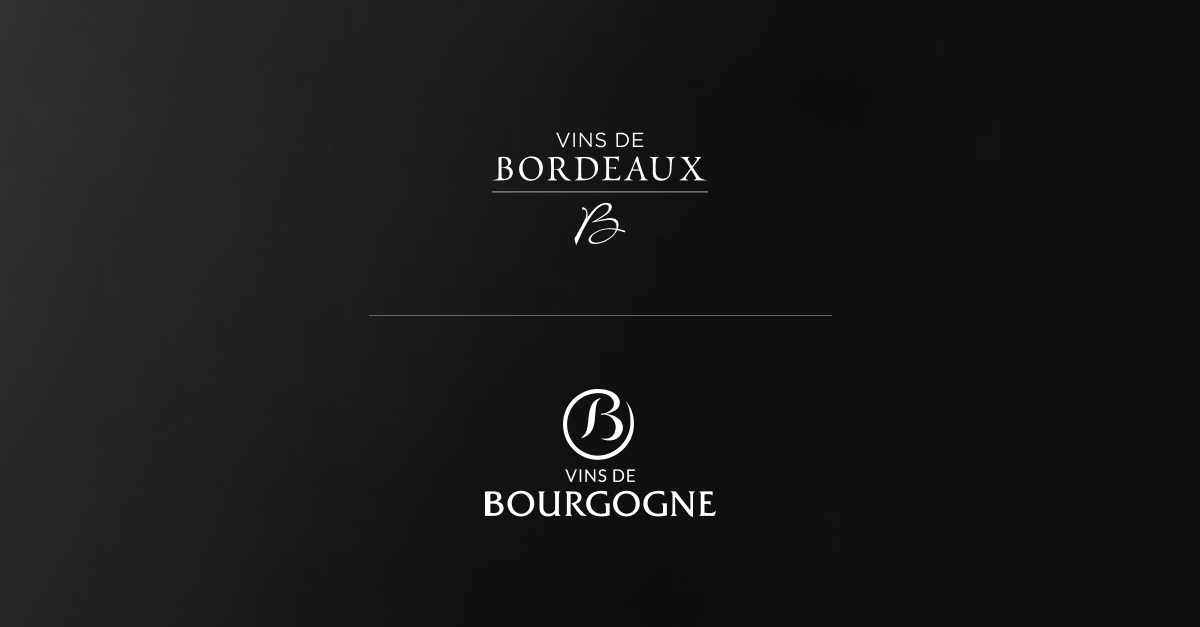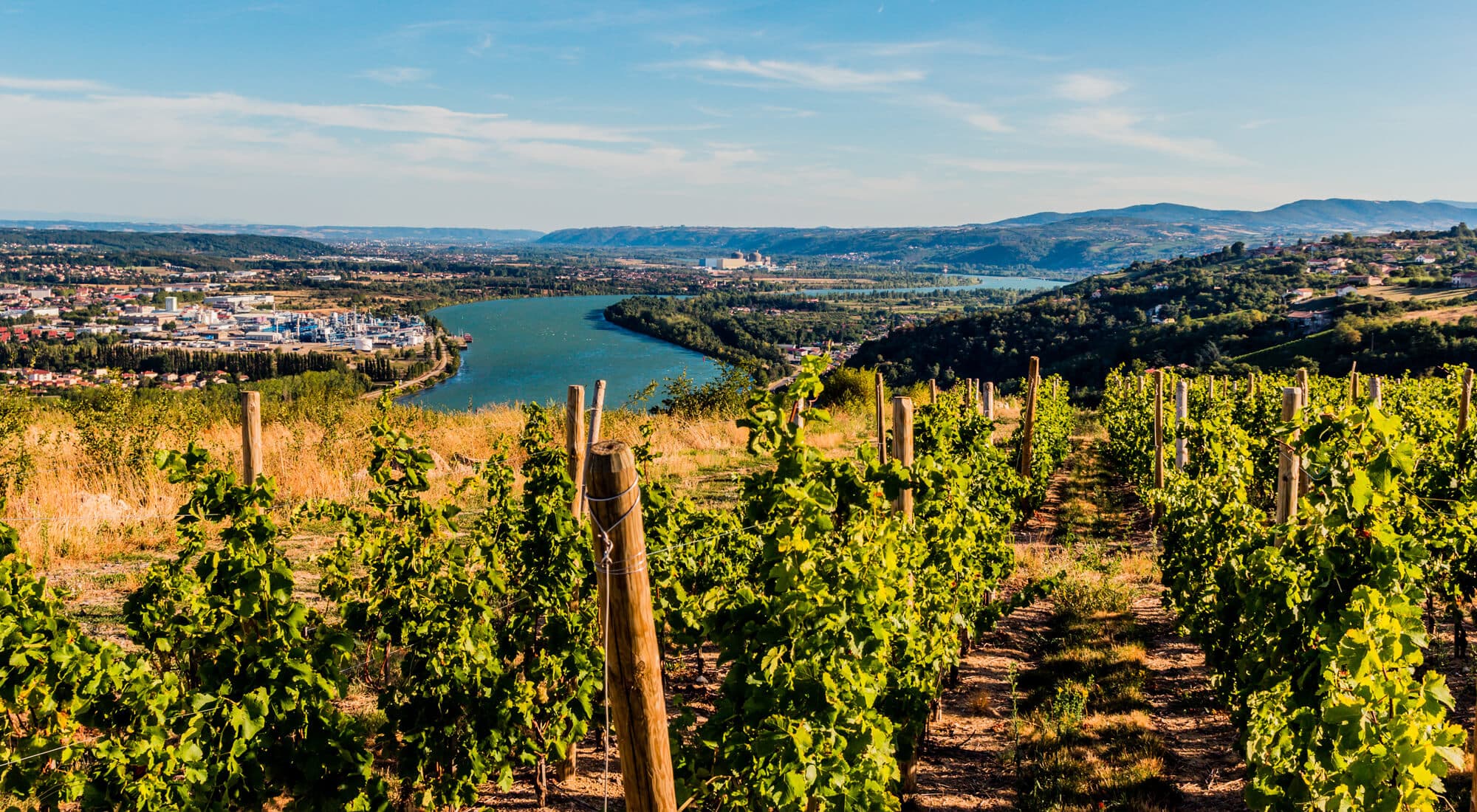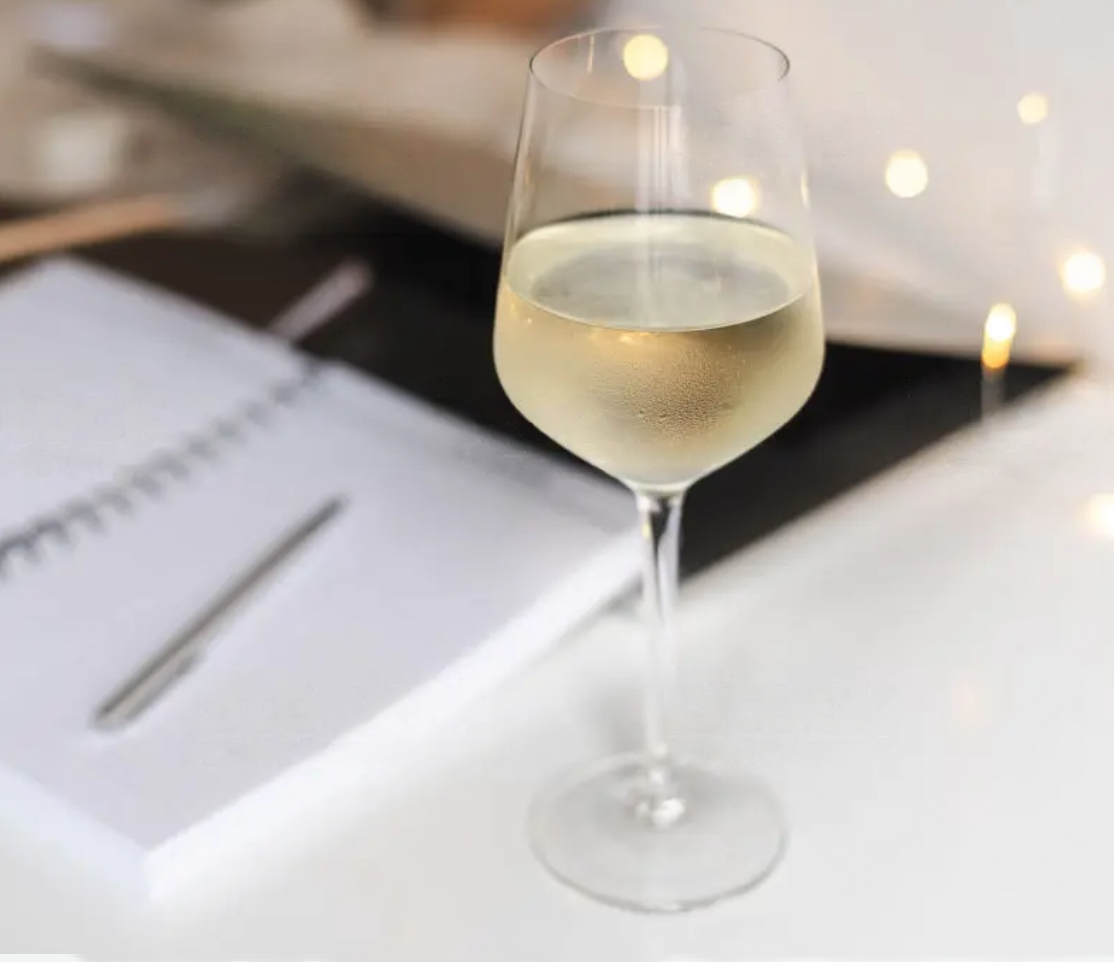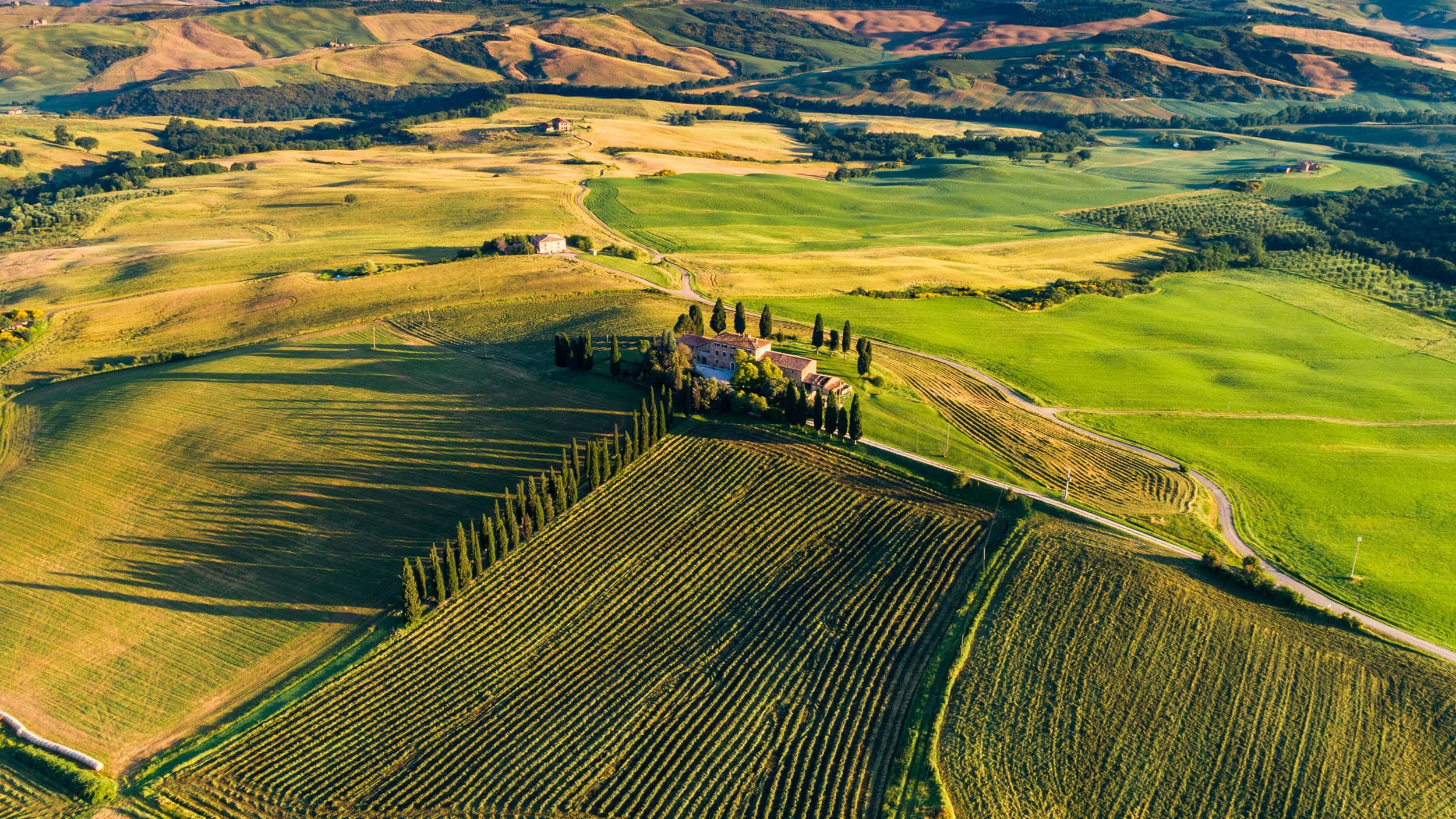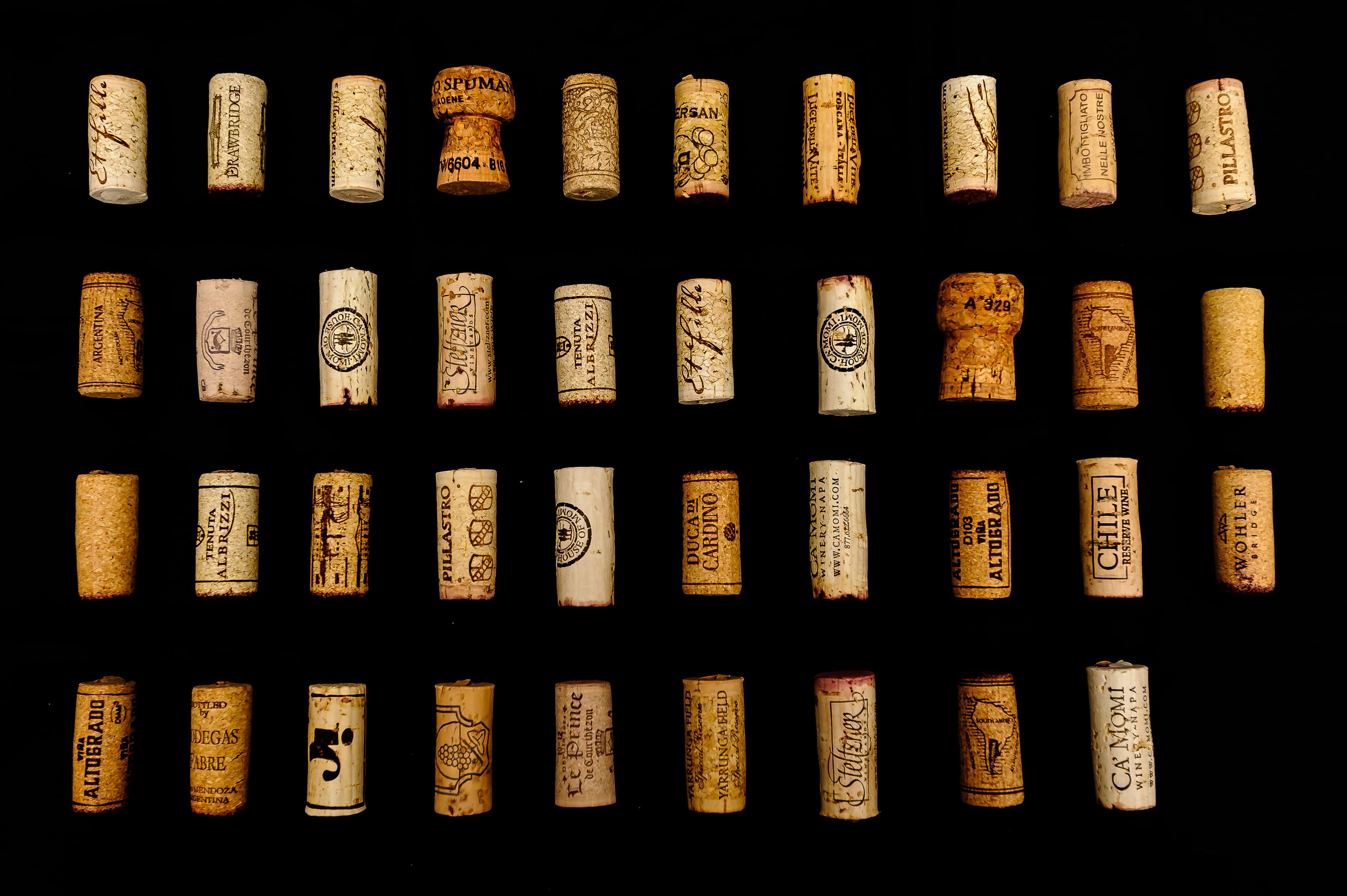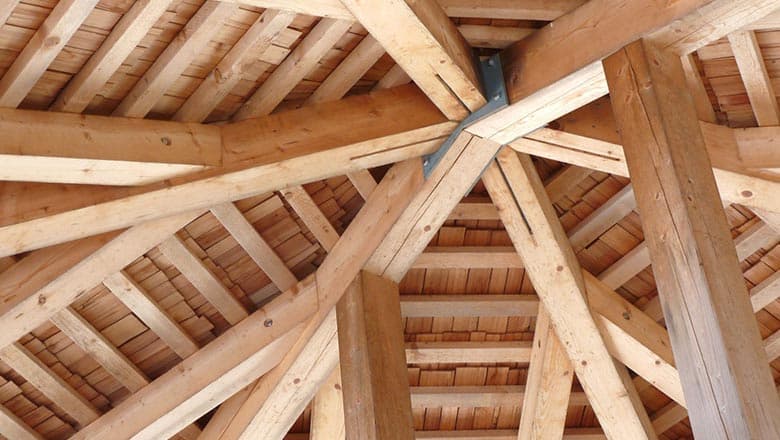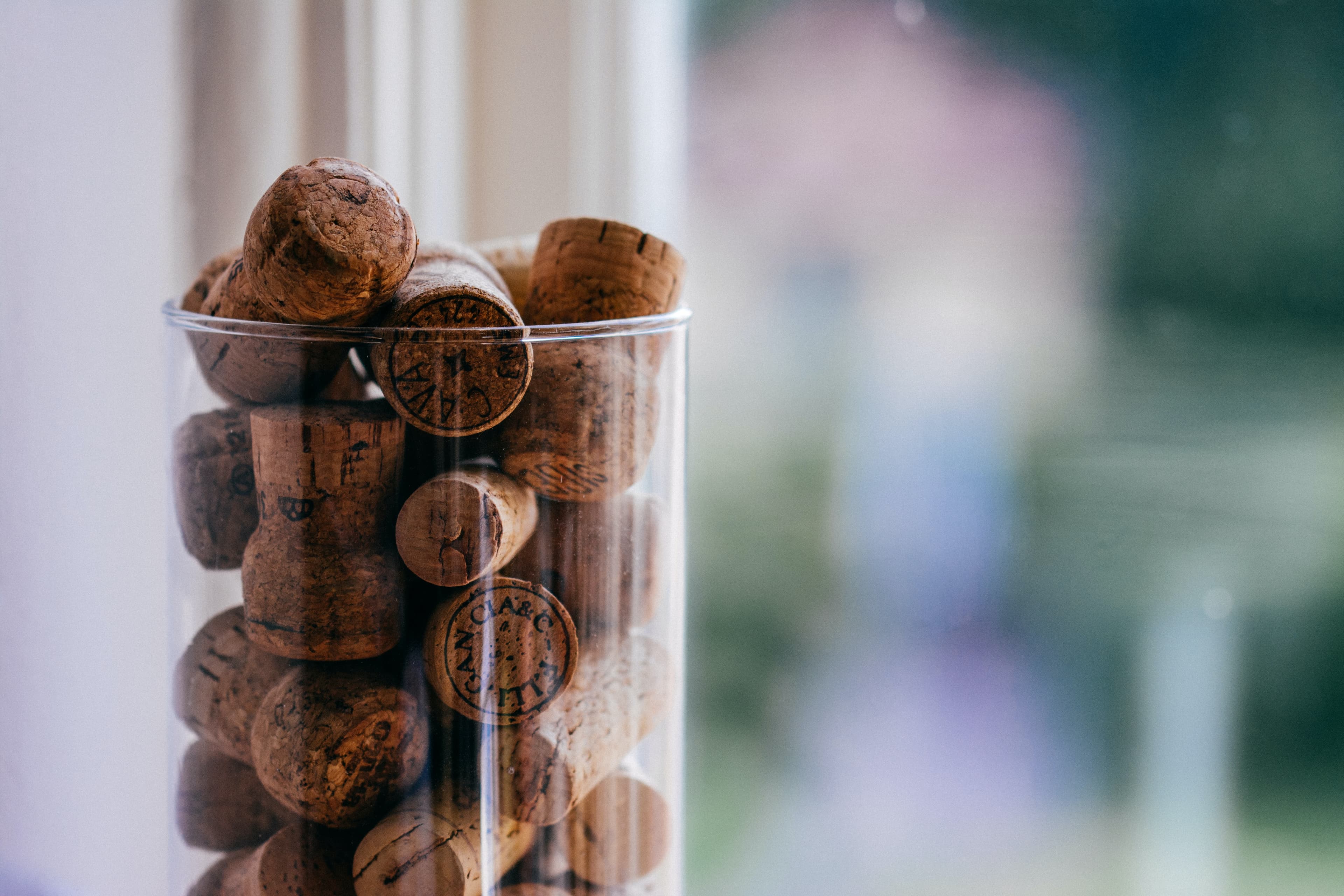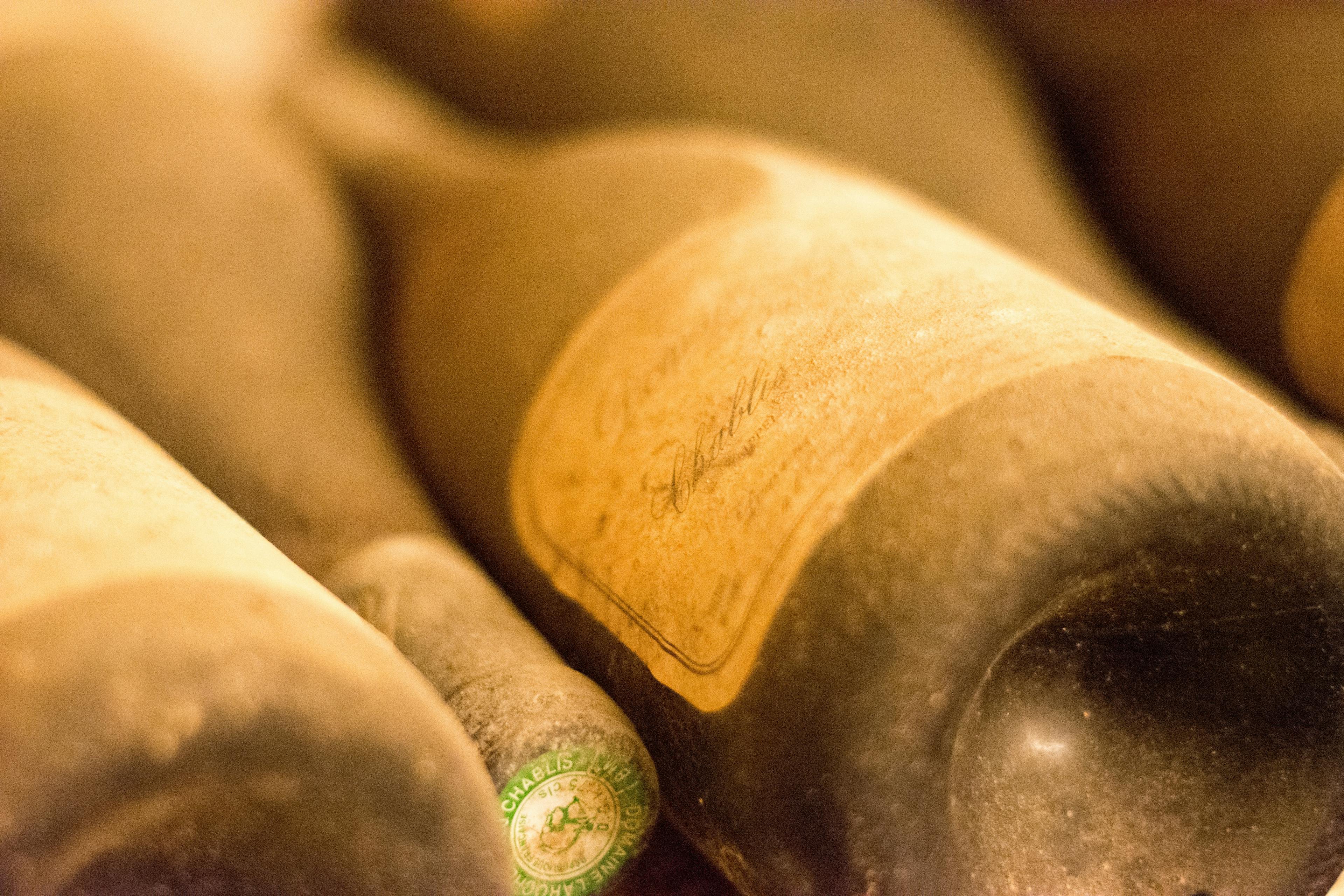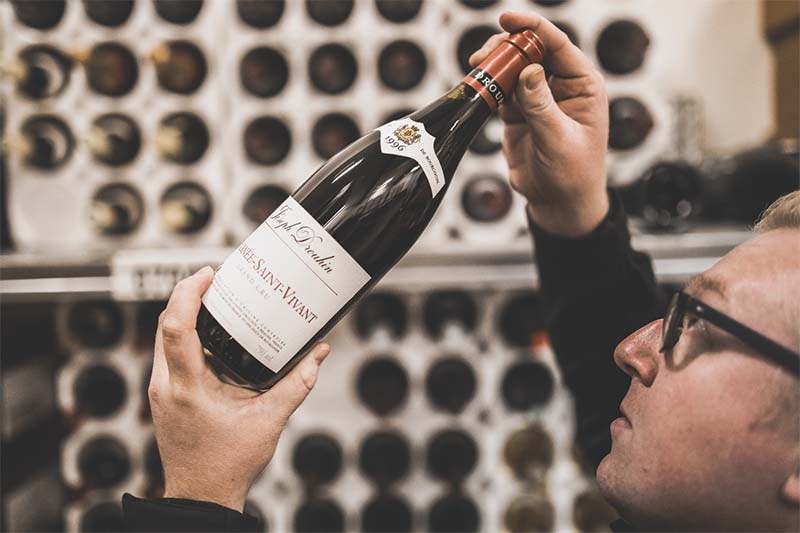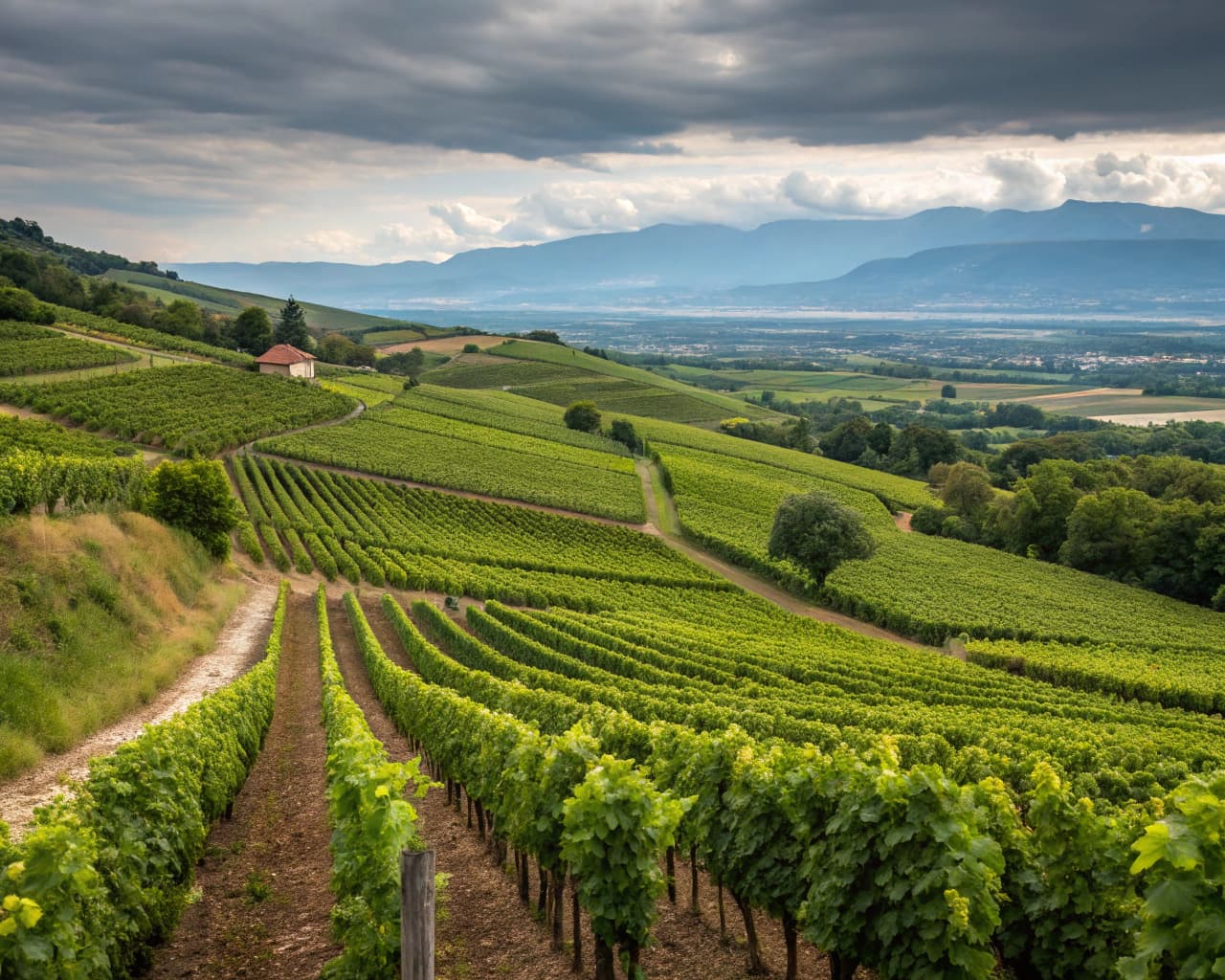
Serving wine, especially a distinguished one like Clos des Papes, requires a nuanced approach to fully appreciate its complex profile. Originating from the renowned Châteauneuf-du-Pape region in France, this wine is celebrated for its depth and versatility. Understanding the right temperature, glassware, and decanting process can significantly elevate your tasting experience. This guide will delve into the essential steps and considerations for presenting Clos des Papes in a way that respects its heritage and maximizes its exquisite flavors.
Understanding the Ideal Serving Temperature
When serving Clos des Papes, achieving the ideal temperature is crucial for enhancing its complex flavors and aromas. Typically, red wines like Clos des Papes should be served slightly cooler than room temperature, around 15-18°C (59-64°F). This range helps to balance the tannins and acidity, making the wine more pleasant to drink.
Chill the bottle: Place your Clos des Papes in a wine cooler or refrigerator for about 15 minutes before serving. This brief chilling will bring it to the perfect temperature without making it too cold.
Use a thermometer: To ensure accuracy, consider using a wine thermometer. This tool can help you avoid serving the wine too warm or too cold, which can significantly affect its taste and bouquet.
Decant if necessary: For older vintages, decanting can be beneficial. It allows the wine to breathe and settle any sediment, while also bringing it to an ideal temperature.
Understanding these facts about serving temperatures can greatly enhance your experience with Clos des Papes, allowing you to appreciate the depth and nuances of this esteemed wine.
Decanting Clos des Papes: Is it Necessary?
Decanting Clos des Papes often sparks debate among wine enthusiasts. This prestigious wine, known for its complexity and depth, can benefit significantly from decanting, though it isn't always essential. The necessity largely depends on the vintage's age and the wine's current condition. For younger vintages, which are typically more tannic and concentrated, decanting helps soften the tannins and opens up the aromas, enhancing the overall drinking experience. In contrast, older vintages of Clos des Papes might only need decanting to remove sediment.
Before deciding to decant, consider these factors:
Age of the Wine: Younger wines often gain from aeration, while older wines might be more fragile.
Sediment Presence: Older bottles tend to develop sediment that should be separated to ensure a smooth taste.
Personal Preference: Some drinkers prefer the gradual evolution of flavors that occurs when the wine is served directly from the bottle.
Proper handling and preparation are crucial, regardless of whether you choose to decant. Learn more about how to store Clos des Papes to maintain its quality and integrity.
Choosing the Right Glassware for Clos des Papes
When serving Clos des Papes, selecting the appropriate glassware is crucial to fully appreciate its craftsmanship. The right type of glass can enhance the wine's aromas and flavors, ensuring a superior tasting experience. Here are some tips to help you choose the best glassware:
Opt for a Larger Bowl: Glasses with a larger bowl are ideal for Clos des Papes. They allow the wine to breathe, which helps in releasing more of its complex aromas. This shape also provides ample space to swirl the wine, further enhancing its natural characteristics.
Consider the Rim: A glass with a slightly tapered rim is preferable as it focuses the bouquet towards your nose, intensifying the olfactory experience. This subtle design feature can make a significant difference in how the wine's aromas are perceived.
Material Matters: Crystal glasses are often recommended for high-quality wines like Clos des Papes. Crystal is finer and smoother than regular glass, which allows for a thinner rim and cleaner lines that do not interfere with the taste.
By paying attention to these details, you can significantly elevate your enjoyment of Clos des Papes, allowing its intricate flavors and aromas to shine through.
The Role of Aeration in Enhancing Flavor
Aeration plays a crucial role in enhancing the flavor of Clos des Papes, a distinguished wine from the Rhône Valley. When wine interacts with air, it undergoes oxidation and evaporation, processes that can significantly alter its profile. For wines like Clos des Papes, which are known for their complexity and depth, aeration helps in softening tannins and releasing a bouquet of aromas that might otherwise remain subdued.
To fully appreciate the characteristics of Clos des Papes, consider these aeration techniques:
Decanting: Pouring the wine into a decanter allows it to breathe more extensively. This method is particularly beneficial for older vintages, which might have developed sediment over time.
Using an aerator: This device speeds up the aeration process by increasing wine’s exposure to air as it is poured into the glass. It’s ideal for younger wines that typically benefit from quick aeration.
Swirling: Simply swirling wine in the glass can introduce enough air to change its flavor profile subtly.
Each method has its merits and can be chosen based on the age and style of the wine being served.
Serving Tips: Portion Sizes and Pouring Techniques
When serving Clos des Papes, it's essential to consider both portion sizes and pouring techniques to enhance the wine's complex flavors and aromas. Typically, a standard wine pour is about 5 ounces. This measurement ensures that each guest can fully appreciate the wine's bouquet and palate without the flavors becoming overwhelming over time.
For pouring, always use a proper wine glass with a broad base that tapers to a narrower opening. This shape helps concentrate the aromas, making each sip a richer experience. Ensure the bottle has been opened at least 30 minutes before serving to allow the wine to breathe, which can significantly improve its character, especially for a robust wine like Clos des Papes.
Temperature: Serve at slightly below room temperature — around 65°F (18°C) is ideal.
Decanting: For older vintages, decanting is recommended to separate any sediment and aerate the wine.
Glassware: Use a high-quality red wine glass to enhance the tasting experience.
Incorporating these techniques will not only optimize the tasting experience but also complement any food pairings you might be considering to serve alongside Clos des Papes.
The Impact of Serving Order on Wine Tasting
The impact of serving order on wine tasting is often underestimated, yet it plays a crucial role in how individuals perceive and enjoy different wines. When hosting a tasting event featuring Clos des Papes, the sequence in which wines are presented can significantly influence the guests' sensory experience. Here are a few guidelines to optimize the serving order:
Start with Lighter Wines: Begin the tasting with lighter, less complex wines. This approach helps to preserve the palate’s sensitivity, ensuring that subtler flavors in more delicate wines are appreciated before moving on to bolder varieties.
Progress to Reds: After whites, transition to red wines. Starting with lighter reds and gradually moving to full-bodied options like Clos des Papes allows for a natural progression in flavor intensity.
Consider the Vintage: Older vintages should generally be served before younger ones. Their complex, nuanced profiles can be overshadowed if tasted after the more robust, often fruitier young wines.
Finish with Special Bottles: If you have a particularly rare or aged bottle, consider serving it last. This placement ensures it remains a memorable highlight, leaving a lasting impression on the tasters.
Preparing for a Clos des Papes Tasting Event
When planning a Clos des Papes tasting event, preparation is key to ensuring a memorable experience. First, select a range of popular vintages to showcase the depth and variety of this esteemed winery. It's essential to include both older and more recent releases to provide a comprehensive taste profile.
Temperature Control: Serve each bottle at the optimal temperature to enhance its unique characteristics. Generally, red wines should be slightly cooler than room temperature, around 18°C (65°F).
Decanting: Allow the wines to breathe by decanting them an hour before the event. This process is particularly beneficial for younger vintages, as it helps soften tannins and release aromas.
Glassware: Use high-quality wine glasses to improve the tasting experience. Ensure that each guest has a separate glass for each vintage to avoid flavor mixing.
Tasting Order: Organize the tasting from the lightest to the most robust vintages. This arrangement helps prevent the overpowering of subtler flavors by more intense ones.
Food Pairings: Offer a selection of cheeses, cured meats, and light appetizers that complement the wines without overshadowing them. Choose flavors that enhance the natural characteristics of each vintage.
By meticulously preparing for your Clos des Papes tasting event, you ensure that every guest can fully appreciate the complexity and craftsmanship of each wine.
Common Mistakes to Avoid When Serving Wine
When serving wine, particularly a prestigious bottle like Clos des Papes, avoiding common mistakes can enhance the experience. One frequent error is serving wine at incorrect temperatures. Reds, including Clos des Papes, should be slightly below room temperature, around 18°C (65°F), while whites require cooler conditions. Another oversight involves improper decanting. For aged wines, decanting helps remove sediment and aerate the wine, unlocking flavors and aromas. However, excessive exposure to air can deteriorate the wine's quality.
Using the wrong glassware also impacts the tasting experience. Red wines benefit from larger, rounder glasses which allow the wine to breathe and the aroma to be appreciated fully. In contrast, smaller glasses are better suited for whites to concentrate their delicate scents. Furthermore, not allowing the wine to rest after opening and before serving can prevent it from showing its full potential. This resting period is crucial, especially for a rich history like that of Clos des Papes, which you can explore in depth here.
Lastly, filling the glass too full is a common faux pas. It's advisable to fill only about one-third of the glass to allow the wine to swirl and release its bouquet.
How to Present Clos des Papes at Formal Occasions
When presenting Clos des Papes at formal occasions, the elegance of the wine should be matched by the sophistication of its presentation. Begin by ensuring that the wine is served at the optimal temperature, which is typically around 15-18°C for reds. This enhances the wine's rich flavors and aromatic profile, making it more enjoyable for guests.
Selecting the right glassware is also crucial. Use large, bulbous glasses that taper slightly at the top; these are ideal for red wines like Clos des Papes, as they allow the wine to breathe and help concentrate the bouquet towards the nose.
Prior to serving, the wine should be decanted. This not only helps in removing any sediment but also aerates the wine, unlocking more complex flavors and softening tannins. A decanter with a wide base is preferable for maximum exposure to air.
During the event, maintain a formal but approachable demeanor. Explain the unique characteristics of Clos des Papes, perhaps discussing its origins and what makes it special. This can enhance the overall experience of enjoying the wine.
Serve at 15-18°C
Use large, tapered glasses
Decant before serving
Discuss the wine’s characteristics
Educating Guests About Clos des Papes During Service
When serving Clos des Papes, it's essential to educate guests about its unique characteristics and heritage. This enhances their appreciation and enjoyment of the wine. Start by mentioning that Clos des Papes is a prestigious wine from the Châteauneuf-du-Pape region in the Rhône Valley, renowned for its rich history and exceptional quality.
Discuss the Vineyard: Explain that the vineyard practices traditional farming methods and has a diverse range of grape varieties, contributing to the complexity of the wine.
Vintage Variation: Highlight how different vintages may present variations in flavor, which can be a topic of interest for wine enthusiasts.
Tasting Notes: Share the typical tasting notes of Clos des Papes, such as red and black fruits, spices, and a well-balanced acidity, which might help in pairing it with food.
Serving Temperature: Inform them that the optimal serving temperature for Clos des Papes is between 15-18°C (59-64°F) to best release its aromas and flavors.
Decanting Process: Suggest decanting the wine for at least an hour before serving to allow it to breathe, enhancing its characteristics and overall experience.
By providing this information, guests not only enjoy their drink but also leave with a deeper understanding of what makes Clos des Papes special.
Conclusion
In conclusion, serving Clos des Papes in the correct manner is essential to fully appreciate its complex flavors and delicate nuances. From selecting the right glassware to ensuring the wine is at the perfect temperature, each step plays a crucial role in enhancing the tasting experience. Remember to decant the wine if necessary, allowing it to breathe and fully express its aromatic profile.
At Rekolt, we understand the importance of not only serving wine properly but also ensuring its provenance and storage conditions are optimal for future enjoyment or resale. Our fine wine marketplace offers a unique delivery option where your wine can be professionally stored in a cellar. This service not only preserves the quality and integrity of your investment but also simplifies the process of reselling and trading wines. By choosing Rekolt, you ensure that your Clos des Papes, along with any other fine wines you may acquire, are maintained in ideal conditions, ready to be enjoyed at their peak or to gain value over time. Whether you're a seasoned collector or a new enthusiast, Rekolt provides the expertise and facilities to elevate your wine experience.
Share this article
